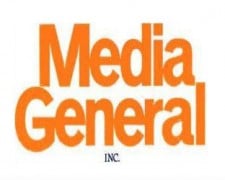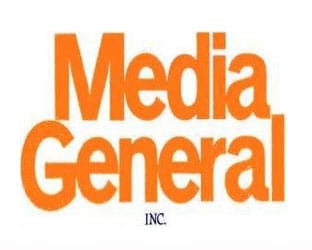 The merger of Media General and Young Broadcasting does not present any new consolidation issues, and cross-ownership issues also melt away due to changes in the MG ownership structure. Nevertheless, the FCC added it to the list of television deals it’s publicizing for comment.
The merger of Media General and Young Broadcasting does not present any new consolidation issues, and cross-ownership issues also melt away due to changes in the MG ownership structure. Nevertheless, the FCC added it to the list of television deals it’s publicizing for comment.
Media General not too long ago had extensive newspaper holdings but they have all been sold, many to Warren Buffet’s Berkshire Hathaway. So cross-ownership concerns tied directly to MG are non-existent, and BH will not have an attributable interest in MG once the merger closes, erasing any concerns on that count.
Neither are any new in-market television station pairings created.
However, the FCC notes that there are three existing waivers of the local television multiple ownership rules, and for that reason it has opened a docket on them matter.
The deal was put on notice 7/9/13, creating a deadline for petitions to deny of 8/8/13.
RBR-TVBR observation: The FCC re-examines waivers routinely whenever there is a station transaction. We aren’t sure if they do it out of habit or if they are statutorily-bound to do it, but we’ve never thought it made very much sense, at least as a routine.
Every time a station is sold that has satellite stations – in this particular deal, we’re talking KELO-TV in Sioux Falls SD, which has satellite stations to reach other communities in the sparsely-populated state – the FCC holds everything up and requires a justification for the waiver that created the satellites in the first place.
Our contention is that if a waiver made sense when it was granted, it still makes sense despite a change in ownership. A cursory glance by a knowledgeable regulator should be all that is needed to confirm that the arrangement will continue to be in the public interest post-transaction – saving both the FCC and the parties executing the transaction time and money.
We understand that the creation of so-called sidecar companies to give a television group a de facto heightened presence in a given market has raised concerns, and we can therefore understand why the FCC would open that topic up for discussion.
But this merger presents no such issues, and we believe it should just be processed and either approved or denied as expeditiously as possible. And as our last comment, at face value we see no reason whatsoever not to grant it.





